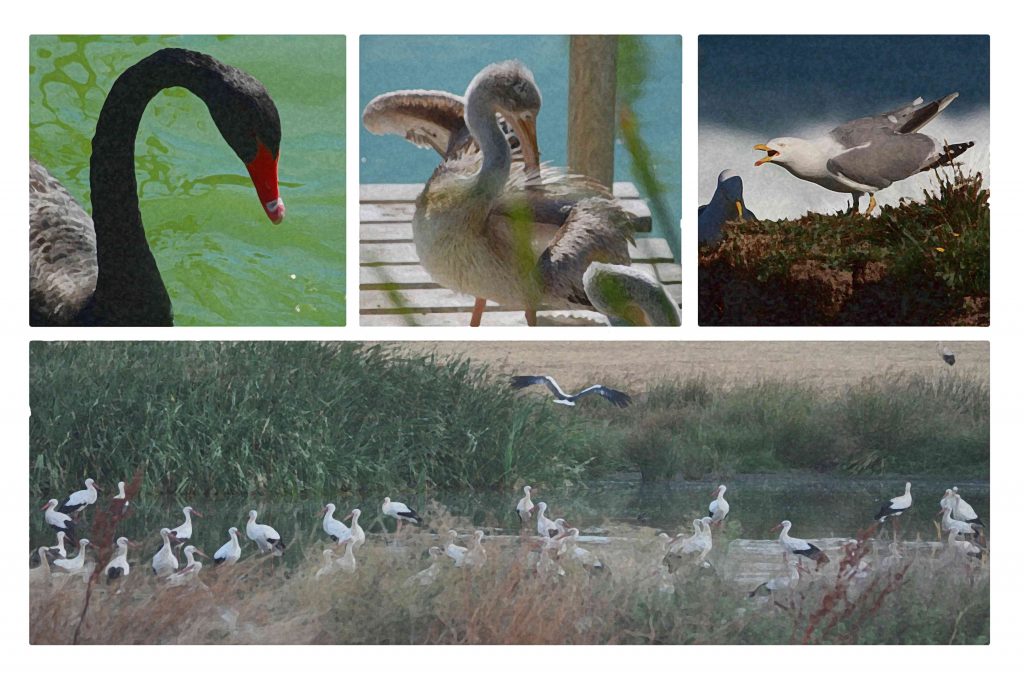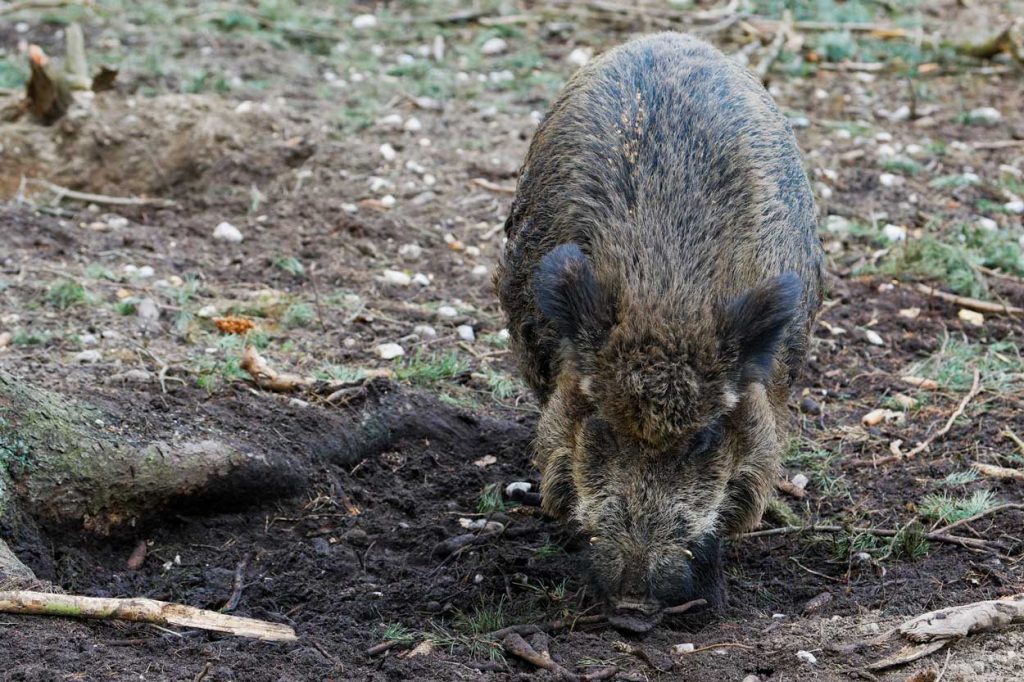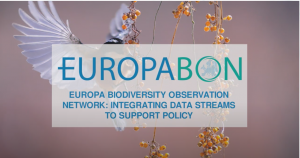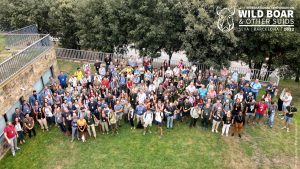The ENETWILD Consortium, coordinates numerous leading European institutions in the ecology and epidemiology of European wildlife (www.enetwild.com). Its main objective is to collect information on the geographical distribution and abundance of populations of wild species relevant to infectious diseases that also represent a risk to the health of domestic species and human.
Avian influenza is an infectious viral disease of birds, which, depending on its virulence can occur as a low or high pathogenic disease. The latter are particularly worrying in view of their possible impact on human health, with the risk of the appearance of new strains that may become particularly transmissible. This disease can have a very severe impact on the poultry industry. The ability of the virus to be transported long distances with the help of migratory wild birds, especially aquatic birds, has been found. Therefore, it is essential to know the censuses of these birds, their distribution and patterns of movements (migrations) to detect the spread of these viruses, the appearance of outbreaks and design effective health surveillance programs, the basis for prevention.
ENETWILD will coordinate the development of an European database on wild bird populations relevant to avian influenza.
Over the past few months, this consortium has focused its efforts on collecting data on the abundance and distribution of wild boar for the analysis of risk factors associated with African Swine Fever. ENETWILD now begins a new phase of the project, simultaneously collecting population data on wild boar, and birds relevant to the introduction and spread of avian influenza in Europe. The ultimate aim of these data will be EFSA’s technical and scientific assistance to the European Commission, to assess the risk factors involved in the presence, spread and persistence of the virus associated with poultry, but also wild bird populations.
ENETWILD will manage and dynamize the availability of existing data on the abundance and distribution of wild bird populations. To this end, priority will be given to collaboration with international organisations that are willing to share data, such as EURING (responsible for coordinating bird ringing in Europe), Wetlands international (responsible for coordinating international waterbird census ), European Bird Census Council (responsible for European atlases of breeding and wintering birds in Europe) , EuroBirdportal (European data consortium based on on-line bird registration through citizen science) or e-bird . Data analysis will allow a description of migratory routes and distribution of populations over time for each of the species of interest; as well as include recommendations to improve harmonized data collection across Europe.






